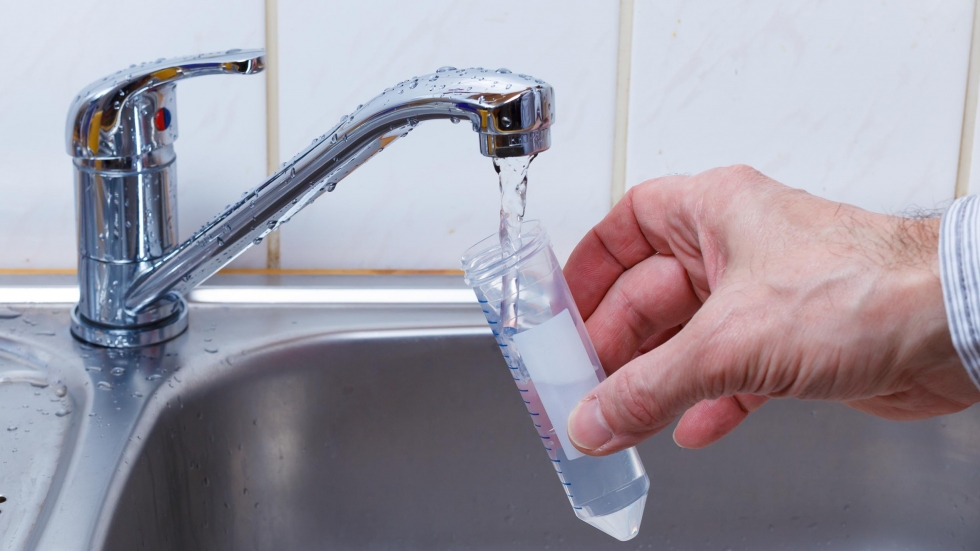 The Importance of Well Water Testing in Tampa Why Should I Test My Well Water?Regular testing of your private well’s water quality is a crucial part of keeping your well a secure and reliable source. The results of the test allow you to address particular problems that can arise with the water supply. This helps to ensure that the water source is free from contamination and that the appropriate treatment is chosen and functioning correctly. It is essential to check the water quality for the intended purpose, whether that is irrigation for livestock, chemical spraying, or drinking water. This will aid you in making educated decisions regarding your water and the way you utilize it. Regular Testing Is Essential to:- Identify existing issues
- Ensure the water is safe for usage, particularly if used for drinking by humans or animals.
- Track changes over time
- Evaluate the efficacy of a treatment method
The water quality of a source could change over time, and even abruptly. It is possible to not notice the changes as the water could appear, or smell and taste exactly the same. Is My Water Safe to Drink?One way you can know whether the water you drink is safe is to get it tested by a certified laboratory. Harmful bacteria, parasites, and viruses are inaccessible by the naked eye, which means that drinking water that appears and tastes great might not be safe to drink. The microbes are present in groundwater supply and surface waters, and may cause illness in humans if they are not appropriately treated. What Tests Should I Have Done?There are tests that can be used to aid in determining the safety and health of the water supply. This also determines the effectiveness of the filtering system for water. One Green Filter can assist you in choosing the most important tests for testing the quality of your drinking water. Tests for coliform bacteria, nitrates, pH, sodium, fluoride, chloride, fluoride, sulfate, iron, manganese, total dissolved solids, and hardness. Indicate the existence of microorganisms within the water that could be dangerous to human health. A frequent contaminant that is found in groundwater. Nitrate levels that are high can be especially harmful to infants under six months old as nitrate interferes with the blood's ability to transport oxygen. Ions such as sodium sulfate, chloride, manganese, and iron may cause unpleasant taste or odor to water. Excess amounts of sulfate can cause laxative effects or cause irritation to the gastrointestinal tract. Fluoride is an essential micronutrient; however, too much can lead to dental issues. Represents the amount of organic substances (i.e., sodium, sulfate, or chloride,) which are dissolved into the water. The presence of high levels of total dissolved solids (TDS) could reduce the water's palatability. Other tests could be necessary when a particular contaminant has been suspected to be present in the water. For example, groundwater sources can be examined for selenium, arsenic, and uranium. Both groundwater and surface sources were also examined for contamination by pesticides. How Often Should I Test My Water Out of My Well?Private wells should be tested at least once per year. Water supplies for drinking from shallow wells or surface water sources must be tested more often since they are more vulnerable to contamination. It is essential to test the quality of your drinking water from the tap and also at the source. Both tests will help you determine if the treatment system is working properly and determine whether the quality of your water source has changed. Where Can I Get My Well Water Tested?If you own a home with a private well, you might notice some frustrating things about your water. Common complaints include discoloration, staining and scale buildup. It can be difficult to properly treat these well water issues. Our water specialists at One Green Filter use a variety of well water treatment methods to create healthier, better-tasting water at your home. Our systems can remove bacteria, pesticides, metals, and sediment from your home. They also eliminate tannins that stain toilets, sinks, and cause discoloration in laundry. They can also neutralize the smell of rotten eggs, as well as remove any cloudy, metallic or bad-tasting water that could leave rust stains. Contact One Green Filter today, your certified water specialist. |